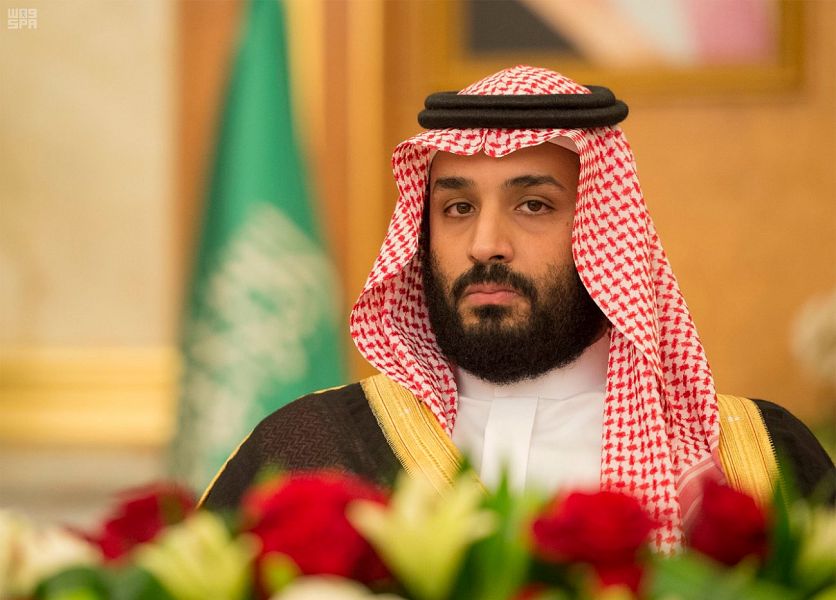Jeddah- Saudi Arabia and Iraq on Thursday reaffirmed their commitment to reduce their oil production under OPEC’s agreement to curb the global supply gap.
Iraq has stressed that there was no disagreement with Saudi Arabia’s proposals to reduce oil production.
In a statement, Saudi Energy Minister Khaled al-Falih said that talks with his Iraqi counterpart, Minister Jabar Ali Luaibi, have underlined the need to strengthen the level of commitment to the agreement led by OPEC to reduce the supply of crude.
He added that officials have reached an agreement to work towards ensuring the stability of world oil markets and consolidating the gains made in the recent period.
Al-Falih said that the Iraqi oil minister has reassured him about the strictness of the government and the oil ministry in Iraq towards the implementation of the agreement and that the level of Iraqi exports in recent months has remarkably decreased.
On the meeting between the two energy ministers and the Deputy Custodian of the Two Holy Mosques Prince Mohammed bin Salman, Al-Falih said: “We met with Prince Mohammed bin Salman, who stressed the Kingdom’s keenness to implement the initiatives launched during the meetings between the leaderships of the two countries.”
The Saudi crown prince met with Al-Falih and Luaibi on Thursday in Jeddah to discuss efforts to stabilize global oil prices. Talks also touched on joint projects in the economy and energy in particular, opening ports, launching direct flights as well as stimulating Saudi trade and investments.
In remarks to Asharq Al-Awsat newspaper, Al-Falih said: “The possibility of continued production cuts is on the table, and the door to extension of reduction has not been closed. If further actions are needed by the market, whether to extend or change production levels, they will be examined on time and agreed through 24 countries.”
The Saudi minister noted that the Kingdom would not take unilateral measures, but would seek the consensus of all the concerned countries to take the appropriate action at the right time.
“It is too early to predict what will happen following the first quarter of next year,” he stated.
In 2016, the Organization of the Petroleum Exporting Countries (OPEC) reached an agreement in Vienna to reduce daily oil production during the first half of 2017 in an effort to stabilize global oil prices.
The agreement was also supported by 11 non-OPEC states, which promised to jointly reduce oil output by 558,000 barrels per day. In May, the deal was extended by nine months.
Asked about the reduction of the Kingdom’s exports to 6.6 million barrels per day and its impact on the country, he said: “The process of investment in the oil sector in Saudi Arabia will not be affected at all by this temporary agreement; the Kingdom’s production capacity is maintained at 12 million barrels and we are investing to preserve this capacity.”
Al-Falih stressed that Saudi Arabia was committed to its leading role and welcomed the Iraqi endeavor to rebalance the markets and reduce stocks. He pointed out that data issued by the US has highlighted the success of the joint work between producing countries to reduce the stock to normal levels and to establish stability in the markets.
